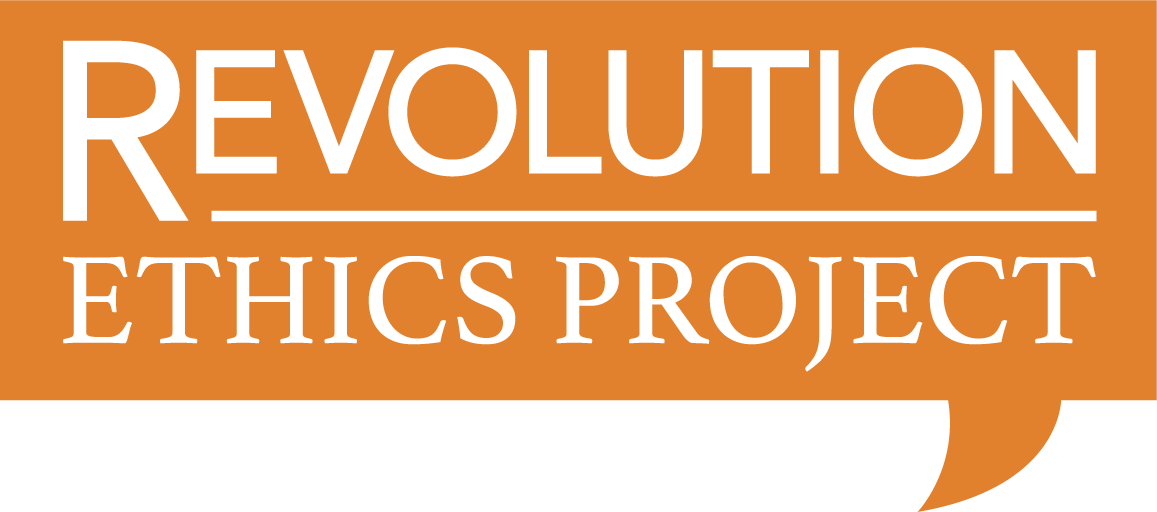--Mr. Fred Rogers
Since you were a kid, you have probably been told that you should try to be a good person. When you were in school, you were expected to be a person of good character, however, you were probably never directly instructed on what this really means. At the same time, you were probably encouraged to be ‘successful:’ to work hard, advance academically, build a strong career, and to earn money. But what, then, happens to ethics?

Many of you are outraged by injustice, desire solutions to human suffering, and have energy to do something about it. Some of you might recognize that many people today fail to ask if there is any meaning to what we do—or don’t believe our actions are meaningful, and therefore believe that there is no reason to strive for the ‘good.’ In the Summer Ethics Project, we will discuss right and wrong and hope to discover that everything we do is important. In the process, we seek to develop the moral leadership qualities that already exist in each of us.
Most schools do little to foster moral leadership qualities. This is not because they don't care--there is only so much a school can do. School mission statements claim they are preparing future leaders of the world, but too few high school and college programs give their students the skills, knowledge and inclination to be moral leaders. Classes occasionally discuss injustice—students are often outraged and call for change. Then, these conversations end, and we go back to business as usual. Many schools today have community service requirements for graduation, but too often the community service focuses on good deeds, not a change in attitude or long-term solutions to society’s problems. Public schools don’t intentionally teach young people how to overcome cynicism, inspire others, and harness their inclination to act. While our education system does promote job skills and career building, there is an opportunity to do more…to encourage young adults to dig deeper and to connect the ideas of ‘right’ and ‘wrong’ to their everyday lives. Participants in the Revolution Ethics Project build the skills and habits of moral leaders.